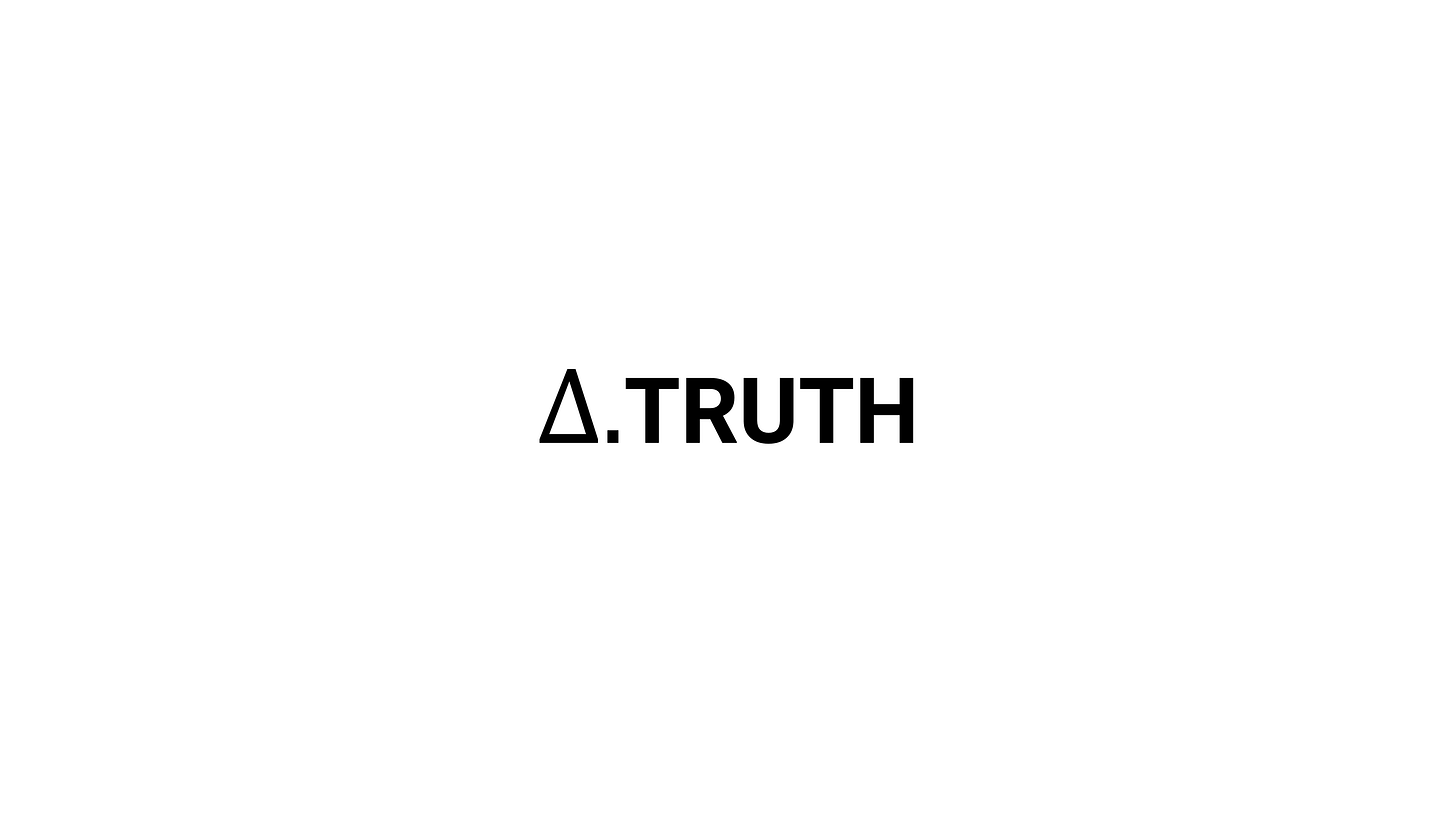In my last post, I explored the nature of uncertainty. Since then, I came across an excellent blog post by Oriane Cohen that sparked thoughts on how uncertainty connects to power.
Cohen describes how our perceptions of truth are framed, weaponised, and controlled. This led me to think about how uncertainty is a contested space where influence and power are at stake.
In this post, I explore how epistemic, ontological, and emotional uncertainties interact with power, building on my last post and riffing on Cohen's work.
Uncertainty as a Power Struggle
Before we explore my ideas on how uncertainty is manipulated, let's recap some key forms of uncertainty.
There's epistemic uncertainty, gaps in our knowledge. Ontological uncertainty, differences in how individuals conceptualise reality, and emotional uncertainty, the mental strain of navigating ambiguity. These categories overlap, shaping the way we experience situations.
Cohen shows how power thrives in uncertainty. Her blog argues that truth is “not an objective entity; it is constructed, framed, and weaponised.” Epistemic uncertainty often drives people toward oversimplified explanations that generate the perception of certainty. The more uncertain the world feels, the more we cling to tidy, authoritative stories, thus vesting power in the 'authorities' behind these stories, an effect that social media algorithms amplify (and GenAI, too?).
Narratives that promise certainty gain traction. Just think about the rise of populist leaders, pandemic misinformation, or algorithm-driven echo chambers. Does Make America Great Again ring any bells?
The Illusion of Narrative Control
Ontological uncertainty, the sense that reality lacks fixed rules, is particularly destabilising. As global crises (climate, pandemics, AI) intensify, we see a predictable response: Institutions impose narratives that create artificial order. I can cast my mind back to the COVID-19 pandemic and remember how the government ‘followed the science’ to legitimise their policies. This was despite uncertainties in the science. Ultimately, this undermined public trust and fuelled conspiracy theories.
There's a paradox: narratives can ease anxiety and silence alternative viewpoints, feeding the feeling of being misled.
When people sense they're being misled, they don't just reject one narrative; they reject all institutional truth claims, deepening uncertainty, undermining trust, and feeding the conspiracy theories.
Institutions often position themselves as authoritative sources of certainty to maintain control, while competing belief systems, promoted by influencers, corporations, and grassroots movements, vie for influence. This creates a fragmented landscape where certainty becomes a commodity to market and sell.
The Certainty Marketplace
Uncertainty is a commodity.
Reality entrepreneurs highlight how belief systems, from wellness trends to conspiracy theories, are packaged as antidotes to ambiguity. The most successful narratives come from those with the biggest and loudest platforms: governments, corporations, and influencers. This creates a feedback loop: Emotional uncertainty increases demand for certainty, and those with power supply it on their terms.
When overwhelmed, we gravitate toward the simplest explanation. Cohen adds a crucial layer: those who control the narratives shape what we consider “truth.” Real-world examples include the Iraq WMD dossier, which government officials and media coverage consistently reinforced to justify a war, and ExxonMobil-funded think tanks that downplayed climate risks to shape public scepticism.
In this environment, managing uncertainty requires more than resilience; it requires a level of literacy in narrative construction.
Cohen’s TRUTH Model
Cohen developed the TRUTH model to help us think about and question the narratives we are presented with:
Truth reserved – the raw, hidden data held by intelligence agencies, governments, corporations, and insiders.
Reality distorted – narratives shaped through framing, omission, and spin.
Unseen narratives – truths ignored or drowned in noise.
Truth perceived – what the public believes is true, reinforced by repetition.
Handling information – strategic use of truth for influence and power.
Uncertainty as the New Commons
Uncertainty is more than a byproduct of complexity; it is actively shaped, exploited, and contested as a resource.
Cohen's TRUTH framework reveals how power structures manipulate uncertainty to influence perception and maintain control.
Epistemic uncertainty arises from the natural limits of knowledge and the strategic withholding or distortion of raw truth (Truth Reserved).
Ontological uncertainty—the instability of our perceptions of reality is amplified through framing, misinformation, and spin (Reality Distorted, Truth Perceived).
Ambiguity is further deepened by distractions and omissions (Unseen Narratives), making it harder to discern what matters.
Recognising how uncertainty is managed allows us to push back against manipulation. Cultivating critical thinking, information literacy, transparency, and emotional resilience is essential to engaging with uncertainty rather than being controlled by it.
Recognising this manipulation of uncertainty allows us to identify counter-actions:
Strengthen Critical Thinking and Awareness through questioning, inquiry and reflection:
What is the evidence for this narrative?
What might be omitted from this narrative?
What interests could be driving this narrative?
Enahnce information literacy
Evaluate the credibility of sources and cross-check information to identify biases and inconsistencies.
Focus on verified facts rather than being overwhelmed by distractions, irrelevant information and supposition.
Transparency and Open Dialogue
Seek open access to raw data and decision-making processes to counteract epistemic uncertainty.
Create opportunities for candid conversations where you can safely express doubts or counter dominant narratives without fear of reprisal.
Build community relationships to create a shared understanding of truth and surface external manipulation.
Build Emotional Resilience
Control emotional responses. Manipulators often exploit fear, guilt, or doubt.
Establish personal and professional boundaries to prevent exploitation through emotional manipulation or coercion.
From Uncertainty to Agency
Cohen's work on truth construction is a call to reclaim agency in meaning-making.
When faced with uncertainty, do we passively accept prepackaged truths or actively shape our understanding? The tools exist; the real challenge is applying them in our daily lives, resisting manipulation, and contributing to a shared search for truth.





